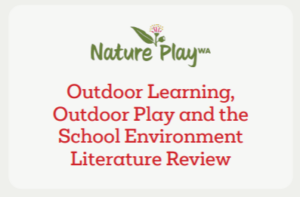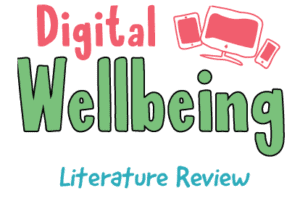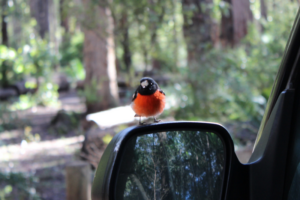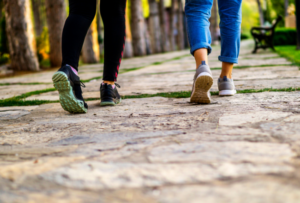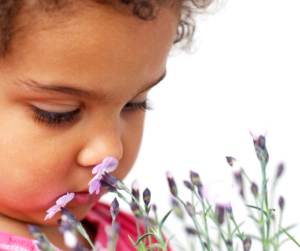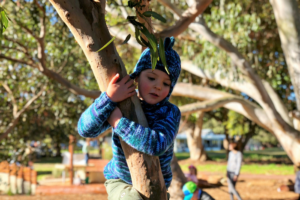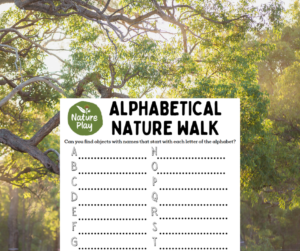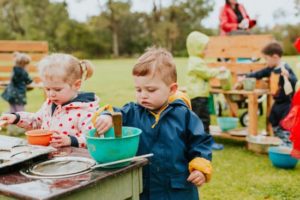Research into the importance of nature play, learning outdoors, risk-taking and children's mental and physical health and wellbeing forms the basis for the work we do.
Here you'll find the latest scientific research that shows the benefits of nature play for our children!
Use the Search function, or click on a keyword in Resource Categories to find research about a particular subject.
Nature Play WA's Research
Nature Play WA undertook a comprehensive literature review for the Education Department of WA that considers three critical elements to improving student experience and learning in school settings: outdoor learning, outdoor play and the school environment.
Nature Play WA, in conjunction with researchers from the Telethon Kids Institute, has created a ‘what you need to know’ guide for parents on the impacts of excessive screen time, highlighting new and relevant research in a clear and easy-to-understand manner.
This report, written to support Australia’s Outdoor Classroom Day, sets out not only a snapshot report on how much more playtime Australian children are getting compared to everyone else, but also an overview of why outdoor learning and play is so very important.
Curated Research
The mental health benefits of everyday encounters with birdlife for mental health are poorly understood. Previous studies have typically relied on retrospective questionnaires or artificial set-ups with little ecological validity. In the present study, we used the Urban Mind smartphone application to examine the impact of seeing or hearing birds on self-reported mental wellbeing in real-life contexts.
Read MoreSince living in cities is associated with an increased risk for mental disorders such as anxiety disorders, depression, and schizophrenia, it is essential to understand how exposure to urban and natural environments affects mental health and the brain.
Read MoreToday’s youth are growing up in an evolving digital world and concerns about the potential detrimental effects of excessive screen use on biopsychosocial outcomes in childhood are mounting.
Read MoreThe link between nature and human wellbeing is well established. However, few studies go beyond considering the visual and auditory underpinnings of this relationship, even though engaging with nature is a multisensory experience.
Read MoreChildren and adults spend large amounts of their leisure time using screen media, which may affect their health and behavior.
Read MoreConnecting children with natural spaces has been shown to benefit their physical and mental health; however, the utility of nature-specific outdoor environments as a setting for curricular and non-curricular learning has yet to be clearly established. Our aim was to undertake a narrative synthesis of international evidence of nature-specific outdoor learning and its benefits for personal and social development, wellbeing and academic progress.
Read MoreIn this study, data from two samples is used to examine associations between the time that children aged 5–11 years spent playing adventurously and their mental health. For comparison, time spent playing unadventurously and time spent playing outdoors are also examined.
Read MoreThe Women in Sport Reframing Sport for Teenage Girls insight showed the need to engage girls in more active lifestyles has never been more urgent. This generation of teenage girls are experiencing worrying mental health issues and report being less confident, less happy and increasingly concerned with their appearance[1]. The pandemic has amplified these issues for many girls.
Read MoreBy going on walks every day, Anna connected her first graders with nature, with their community, and with each other. They exercised their bodies and minds simultaneously. Moreover, their walks provided an authentic context for literacy development. Learning on the move is not just effective, either. It is also a lot of fun!
Read MorePhysical environmental opportunities for active play have a positive effect on physical activity in preschoolers and should be encouraged in different social segments.
Read More
